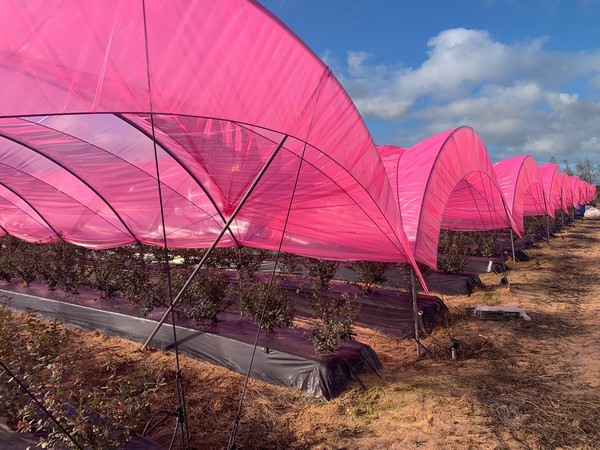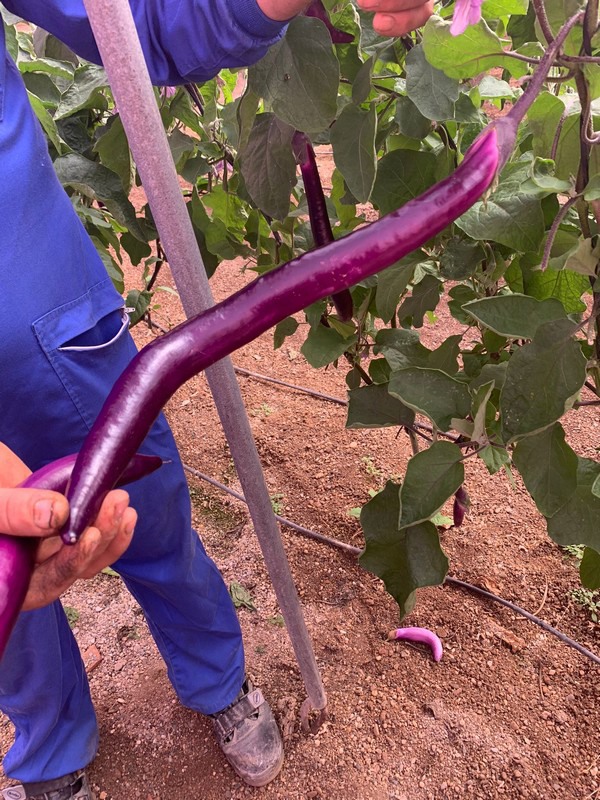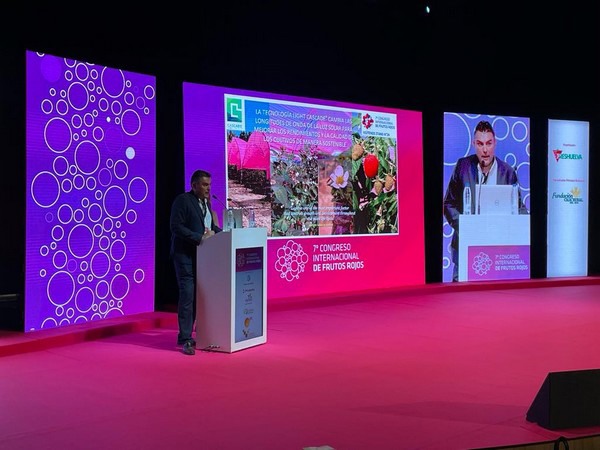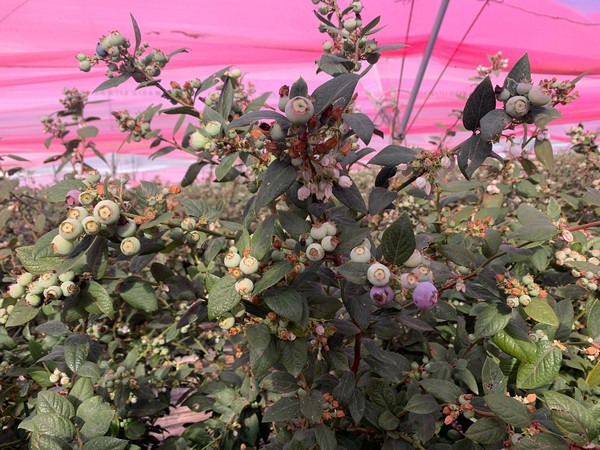"Plastic has become the greatest ally of protected agriculture. In little more than a century of history, this material has brought about a technological revolution that has led to unimaginable advances in all areas of human activity, making it an essential part of agricultural greenhouses", says José Góngora with Cascade. "It offers protection from the weather; it has the capacity to create a stable microclimate that results in quick and uniform growth of the production, and it allows the sun's light and heat to be used throughout the year. It was precisely this capacity to interact with solar radiation that led Cascade to put the technology at the service of agriculture and improve the light inside the greenhouses."

"At Cascade, we have been working on light optimization for more than 10 years by formulating additives for agricultural plastics so that plastics become another tool for producers, especially in the winter months, when we see that there is a greater need for light."
With Cascade's technology, plastics go from being mere protective elements to being optically active materials that allow the recipe of light passing through them to be reformulated. "Basically, what our technology does is capture some wavelengths and re-emit them in other wavelengths. We capture ultraviolet light to emit it as blue, and part of the green one to re-emit it as red, therefore maximizing the red/blue ratio that plants require," says José.

"With our additives, we have obtained very interesting results in vegetable and berry crops, and successful trials have already been carried out with pitahaya, papaya, or grapes. It becomes possible for the plantation to achieve a higher commercial yield, also depending on the producer, the crop, and the variety, with improvements in terms of quality, caliber, and Brix degrees. It is also possible to achieve greater earliness since it facilitates the flowering and an early fruiting, as well as more uniformity."
Góngora presented the data from the trials carried out with berry crops in Huelva in a technical talk at the recent 7th International Berry Congress held in the province. Comparing with the same crop grown under plastics of the same characteristics, but without additives, and using data from the Technological Center of Agroindustry of Huelva, Adesva, it was found that the raspberry yield increased by almost 14% (same result that is being obtained in a trial in Morocco, to be presented soon) and that of strawberries by between 9 and 14%. With the latter, there was also an improvement of 25% in the earliness.

"Another of the beneficial results of our technology is that it allows a decrease in fertigation - up to 34% in our trials on strawberries in Huelva - and reduces the impact of pests. For example, there's a 12-14% drop in the incidence of powdery mildew and thrips in strawberries and, as the University of Almeria verified last year, the incidence of Tuta absoluta in tomato crops is also reduced."

"Plastics with this technology are already available on the market, and they are already being used since last season in Spain, Italy, France, and Morocco. Producers are also testing them in other countries, like Mexico, Uruguay, or the UK, as they need more and better light. And it is very easy to understand this need, seeing that there are already manufactured LEDs that provide specific wavelengths for cultivation. At Cascade, we only use sunlight."
 For more information:
For more information:
José Góngora
Cascade
91 rue de Roissis
92140 Clamart, France
Tel.: +34 666 427 064
[email protected]
www.lightcascade.com
